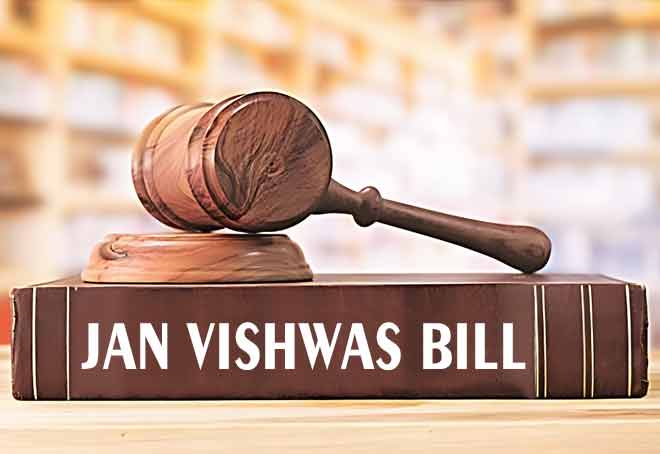Font size:
Print
U.S.’s New Rule for Exporting AI Chips
Context:
To enhance control over the distribution of Artificial Intelligence (AI) chips and technology, the U.S. Bureau of Industry and Security (BIS) has implemented a tiered licensing and export framework.
More on News
- These regulations are aligned with “national security and foreign policy interests” and aim to “foster a secure and trusted technology ecosystem for the responsible development and deployment of AI.”
Framework and Country Tiers
The regulations classify countries into three tiers with varying restrictions:
- Tier 1: No restrictions on exporting advanced AI chips to 18 trusted allies, including Australia, Canada, South Korea, the U.K., and Japan.
- Tier 2: Caps on chip volumes and specifications, with mandatory authorisation for certain transactions.
- For instance, Indian and Chinese entities will require Validated End User (VEU) authorisation for technologies contributing to advanced AI model development.
- Transactions involving chips with a collective computation power of approximately 1,700 advanced GPUs are exempt.
- Tier 3: Arms-embargoed nations like North Korea, Iran, and Russia are prohibited from accessing the technology.
Why the Restrictions?
The rules aim to prevent U.S. adversaries and “countries of concern” from accessing advanced AI technologies that could be used to:
- Enhance military decision-making, logistics, and planning.
- Develop weapons of mass destruction.
- Support cyber-offensive operations and human rights violations like mass surveillance.
- The BIS has expressed concerns about potential misuse by Chinese companies leveraging foreign subsidiaries to procure integrated circuits (ICs) from uncontrolled destinations.
Concerns Over Global Competitiveness
Critics argue that the regulations may weaken the U.S.’s position in the global AI industry:
- NVIDIA: Vice President Ned Finkle contended the rules could stifle innovation, controlling widely available technologies like those in gaming PCs and consumer hardware.
- Oracle: Executive Vice President Ken Glueck highlighted the availability of alternative suppliers, such as Huawei and Tencent, who could offset performance deficits by scaling GPU deployment at lower costs.
- These concerns have fueled hopes within the tech industry for a reversal of the rules by the incoming Trump administration.
Impact on India
India, categorised under Tier 2, faces some restrictions but is not significantly impacted:
- Large Indian data centers deploying advanced AI chips may need VEU authorisation.
- Indian companies with VEU approval can use exported technologies for civilian and military applications, barring nuclear-end uses.
- However, as Pranay Kotasthane from the Takshashila Institution noted, India’s exclusion from the Tier 1 “trusted allies and partners” group likely reflects concerns over potential chip leakages to Russia.
As the global tech industry awaits potential changes under the new U.S. administration, the long-term implications of these regulations remain uncertain.


